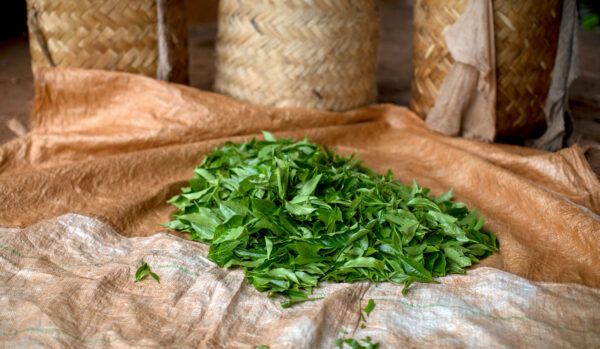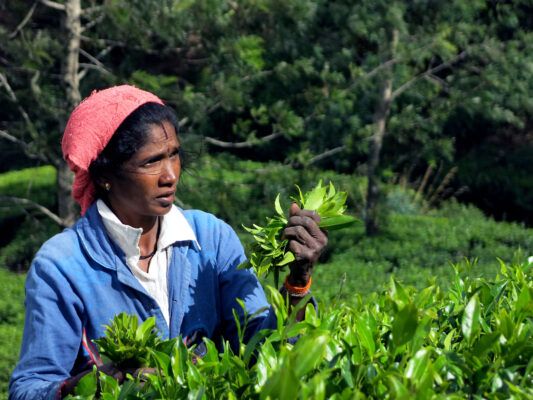Regenerative Tea Scorecard
Building upon our years of experience and expertise in the tea sector, the Rainforest Alliance Regenerative Tea Scorecard offers both certified and non-certified supply chain actors a voluntary tool to guide their transition to regenerative tea farming. The scorecard supports companies in evaluating tea producers against key regenerative agriculture practices and identify areas of improvement.





